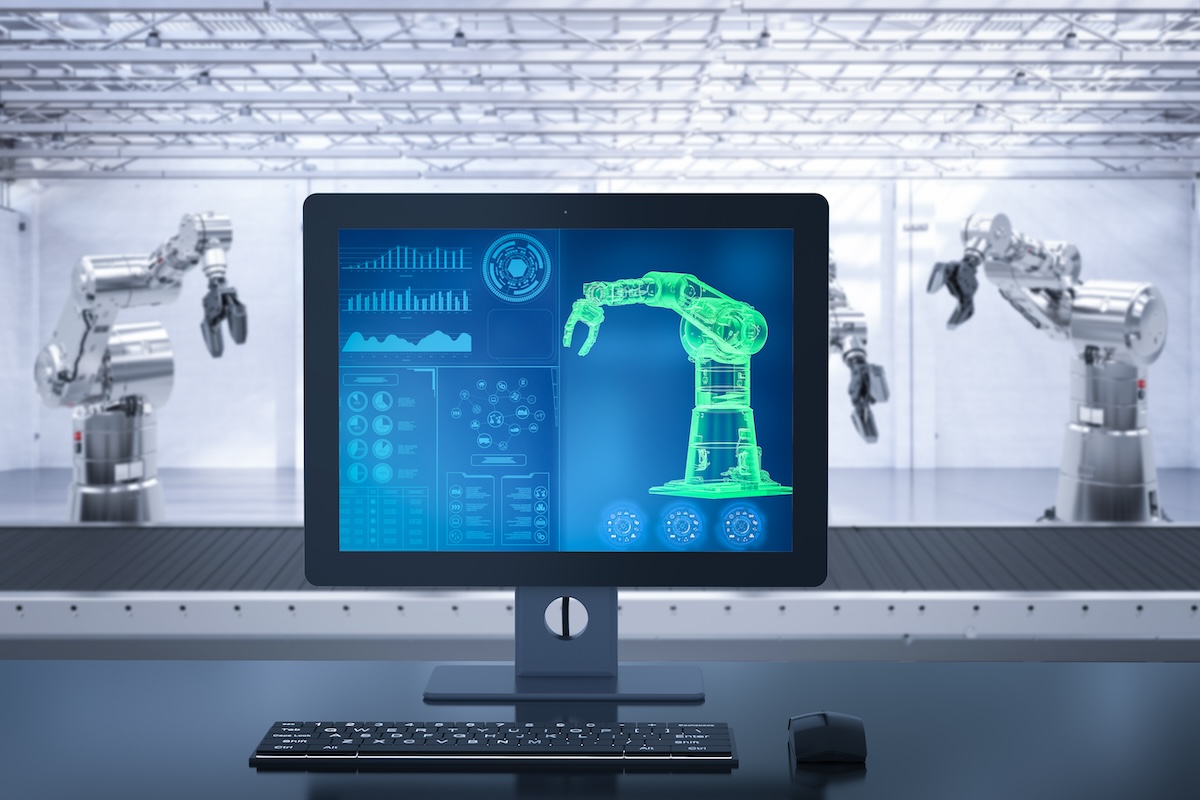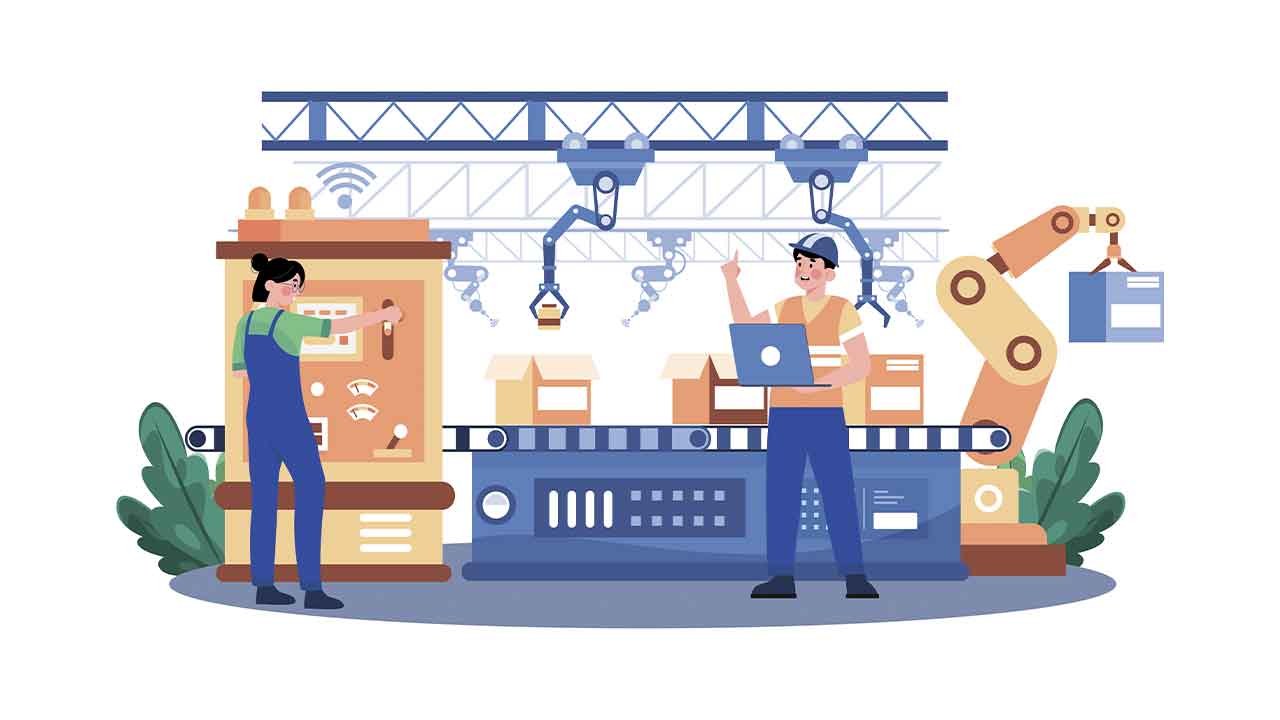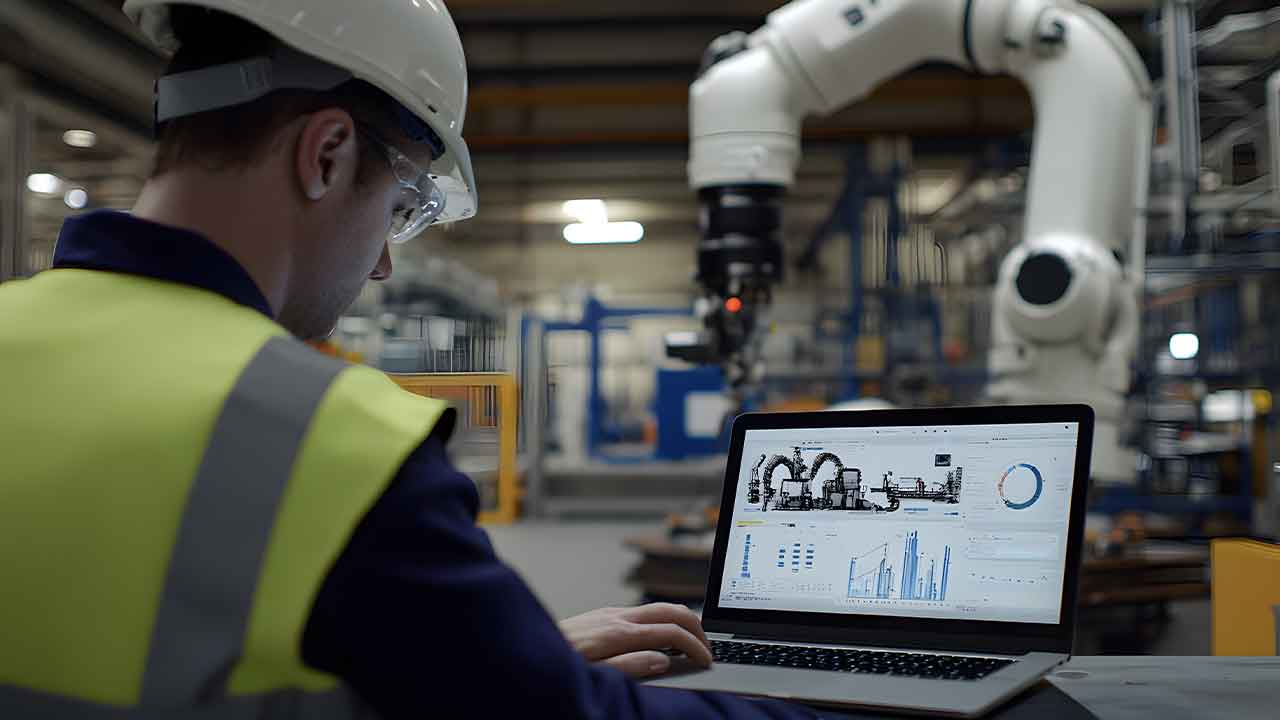Embracing AI and Low-Code Solutions: Navigating Challenges and Opportunities in Manufacturing
The manufacturing sector is undergoing a significant transformation driven by advancements in artificial intelligence (AI) and low-code technologies. As companies increasingly adopt these innovative tools, they encounter a unique set of challenges and opportunities that shape the future workforce. While concerns about job displacement and the need for upskilling are prevalent, there is also a promising potential for these technologies to enhance productivity and streamline operations. By understanding both the hurdles and the solutions associated with integrating AI and low-code applications, manufacturers can strategically navigate this evolving landscape.
These are some of the challenges that manufacturers are likely to face when integrating AI with low-code platforms:
- Data Quality and Availability: As Nick points out, “the AI model is only as good as the data it’s trained on.” Poor quality or incomplete data can lead to inaccurate or unreliable AI models. Manufacturers often struggle with data silos and inconsistent data formats, which can further complicate AI integration.
- Hype and Unrealistic Expectations: Fabian notes the prevalence of hype surrounding AI, particularly large language models, and cautions against overestimating their capabilities. Manufacturers may face pressure to adopt AI solutions without a clear understanding of their limitations or alignment with business goals.
- Security and Trust: Nick emphasizes the importance of understanding the training data and development process of AI models to ensure their trustworthiness. He also stresses the need for robust change control processes in low-code environments to prevent unauthorized modifications that could compromise security.
- Resource Constraints and Expertise Gaps: Andreas highlights the challenge of finding skilled resources to develop and manage AI-powered low-code applications. Manufacturers may be tempted to rely on external consultants, which can lead to increased costs and knowledge transfer issues.
- Optimization and Efficiency: While low-code platforms make it easier to create applications, optimizing them for performance and resource usage can be challenging. Josh notes that low-code solutions can be resource-intensive, and optimization often requires deeper technical expertise.
- Integration Complexity: Manufacturing environments typically involve a complex web of legacy systems and disparate data sources. Integrating AI models with these existing systems can be challenging, requiring specialized connectors and data pipelines.
- Managing Distributed Infrastructures: Nick points out that AI models often need to be deployed across a distributed infrastructure, spanning multiple factories or locations. Managing and updating these models effectively in a low-code environment can present significant challenges.
Overcoming the Challenges
The sources suggest several strategies for addressing these challenges:
- Focus on Business Value: Clearly define the business problem you are trying to solve with AI and low-code and select solutions that align with your specific needs.
- Invest in Data Management: Establish robust data governance practices to ensure data quality, consistency, and accessibility.
- Build Internal Expertise: Develop a strategy for upskilling your workforce and fostering citizen developers within the organization.
- Prioritize Collaboration and Partnerships: Forge partnerships with technology providers, consultants, and industry peers to share knowledge and best practices.
- Embrace a Culture of Innovation: Encourage experimentation and learning to accelerate adoption and identify the most effective solutions.
- Address Sustainability Concerns: Integrate sustainability considerations into your AI and low-code strategy by optimizing for energy efficiency and resource utilization.
By focusing on continuous learning and adaptation, manufacturers can transform potential obstacles into stepping stones, leading to a more skilled workforce and enhanced operational efficiency.
Source: “Enhancing Manufacturing Processes through AI and Low-Code Integration” session sponsored by FlowFuse at Sustainability and Artificial Intelligence Day, organized by IIoT World.



